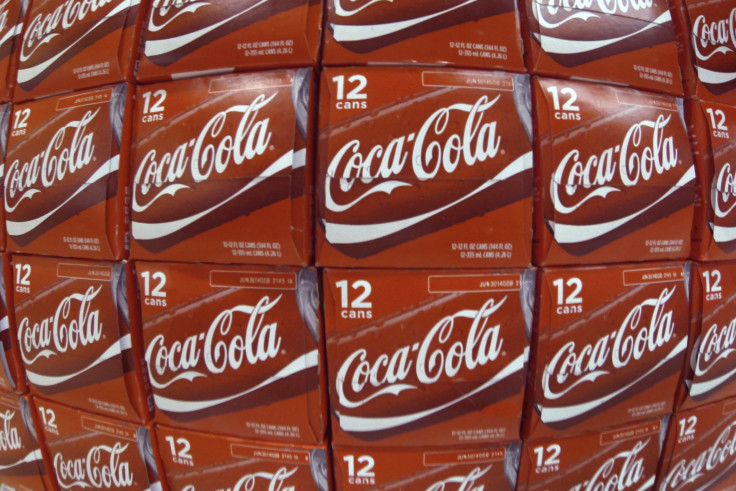Coca-Cola Factory In Gaza? $20 Mil. Soda Factory To Create 1,000 Palestinian Jobs

Coca-Cola is slated to open a $20 million factory in the Gaza Strip within weeks, the Times of Israel reported Wednesday. The manufacturing plant could provide more than 1,000 jobs in a depressed region with one of the world's highest unemployment rates.
The Palestinian Naitonal Beverage Company, a Coke subsidiary, already operates in the West Bank, a separate Israeli-occupied Palestinian territory. Zahi Khouri, a Palestinian-American businessman who heads the subsidiary, is one of several investors involved in the Gaza project, which has already received a permit from Israel.
“Coca Cola is one of the first of the biggest global companies to invest in Palestine, and this investment opened the doors to others,” Khouri told media. “The same will happen in the Gaza Strip.”
Coca Cola to open Gaza factory ‘within weeks’ https://t.co/UQihdFbTVx
— AmericansforPeaceNow (@PeaceNowUS) January 29, 2016The poverty-ridden Palestinian enclave is desperately in need of jobs. A prolonged Israeli blockade on the territory has crippled the economy and pushed unemployment up drastically over the last decade. The World Bank has warned that the economy is on the “verge of collapse,” as the densely populated coastal territory could be “unlivable” by 2020, according to the United Nations.
Israel imposed a blockade against Gaza after the Palestinian Islamist movement Hamas came to power following a 2006 election. Israel insists the blockade is necessary to prevent Palestinian militants from obtaining materials that could be used to build weapons. Palestinians and human rights groups, however, argue that the siege has unfairly hurt Gaza’s civilians. More than 80 percent of Gaza Palestinians reportedly now rely on humanitarian aid.
Gaza’s economy has also been crippled by routine conflict with Israel. More than 9,000 homes collapsed to rubble during the last war in the summer of 2014, yet due to restrictions on construction material, few have been rebuilt. Tens of thousands of people are believed to remain displaced, and the territory’s economy is today worse than it has ever been.
© Copyright IBTimes 2024. All rights reserved.












